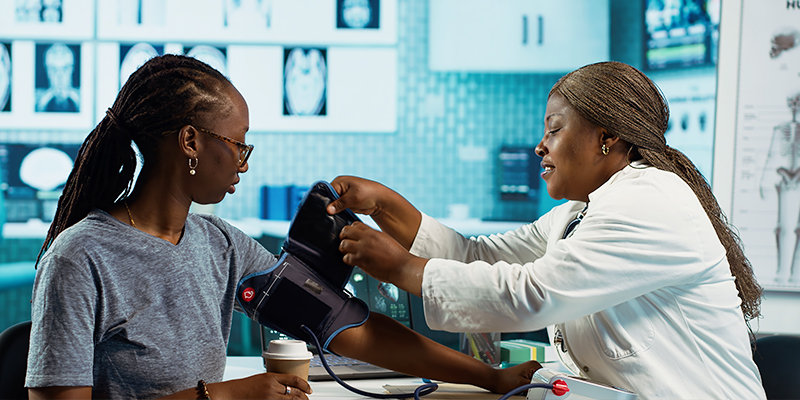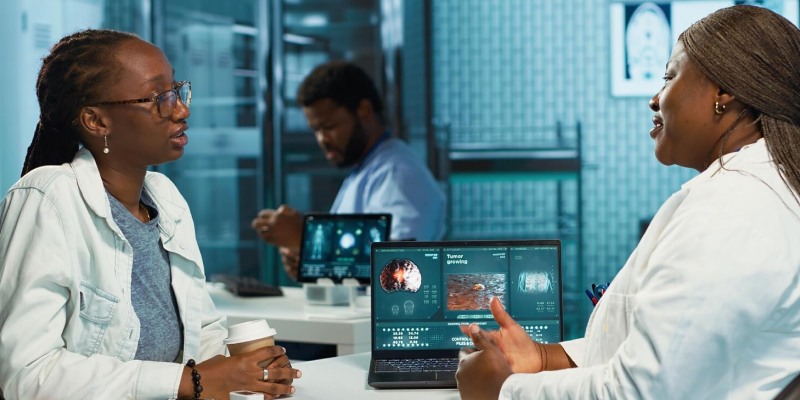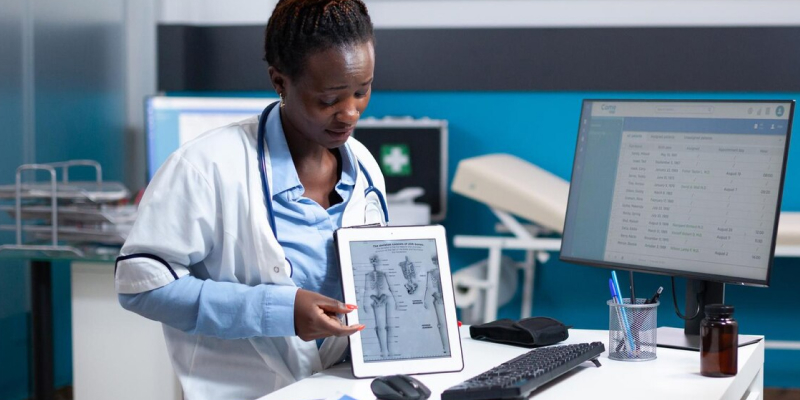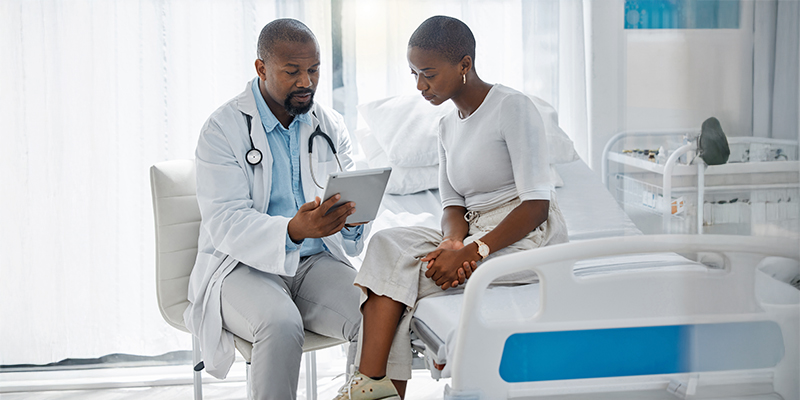Most people consider severe chest pain as the only sign of a heart attack, however, many other signs and symptoms of the condition have been identified by scientists over the past years. These signs vary with not only a person’s age and health status but also with their gender. Since a heart attack is one of the most critical medical emergencies, one should always stay informed and alert to identify its signs as early intervention can increase a person’s chances of full recovery.
Early Signs of a Heart Attack
Early signs and symptoms of a heart attack include:
- Mild chest pain or inconsistent discomfort in the chest
- Unexplained pain around shoulders, neck or jaw
- Vomiting or nausea
- Irregular sweating
- Fainting or lightheadedness
- Shortness of breath
Though the above-mentioned signs are not a clear indicator of a heart attack, one should consult a doctor immediately upon experiencing them as they may occur due to some other heart problem also.
Heart Attack Symptoms in Men
Statistics suggest that men have more chances of experiencing a heart attack as compared to women. Factors like obesity, high blood cholesterol levels, hypertension, being a heavy smoker or having a family history of heart diseases can increase a person’s chances of experiencing a heart attack. Common heart attack symptoms in men are:
- A feeling of heavy pressure in the chest area and/or mild chest pain
- Pain or discomfort in the upper body region including shoulders, arms, neck, jaw, upper stomach area or back
- Excessive sweating
- Dizziness, lightheadedness or a feeling of fainting
- Breathlessness
- Stomach discomfort
- Irregular or rapid heartbeat
Heart Attack Symptoms in Women
In a study, scientists found that most women do not experience chest pain along with a heart attack. In fact, around 80% of them were found to have experienced one of the early signs of a heart attack at least a month before the actual episode. This signifies the need for raising awareness regarding the same among women. Common heart attack symptoms in women are:
- Mild pain or a feeling of pressure in the chest which may spread to the upper body region including arms, jaws, throat, shoulders, and upper back
- Gas-like pain, a feeling of indigestion or stomach discomfort
- Breathlessness
- Dizziness or lightheadedness accompanied by a feeling of fainting
- Severe anxiety
- Sleep disturbances
- Unexplained fatigue of severe levels
Since a woman’s body experiences a lot of physical changes around the age of 50, the risk and symptoms of a heart attack also change. While they are at an increased risk of a heart attack at this phase, their chances of successful recovery also reduce. Common heart attack symptoms that women of age 50 or above may experience include severe chest pain, breaking out in a cold sweat, irregular or rapid heartbeat, and upper body pain or discomfort.
Symptoms of a Silent Heart Attack
A silent heart attack is as severe as any other heart attack episode but the usual signs and symptoms may not appear during this. Such attacks are more common among people who have a history of heart attacks or are diabetic. Silent heart attacks can increase the risk of future attacks while causing severe heart damage. Thus, it is necessary to get a check-up in case a person experiences any of these symptoms:
- Mild discomfort in the chest and/or upper body region; this pain or discomfort may go after resting for a while and come back again later on
- Breathlessness and getting tired easily
- Unexplained fatigue
- Stomach discomfort or heartburn
- Skin clamminess
- Sleep disturbances
The Bottom Line
One should remember that the symptoms of heart attack vary from person to person. Thus, this list should not be considered as a cookie-cutter description and one should not wait to experience all of these signs to consult a doctor. Schedule regular check-up appointments at HJ Hospitals and do not wait for a cardiac emergency to start taking care of your health.






 Dec 02, 2020
Dec 02, 2020 Admin
Admin

















